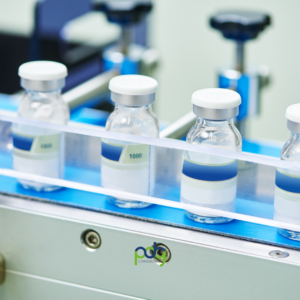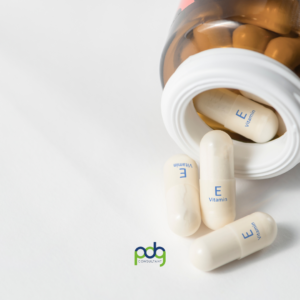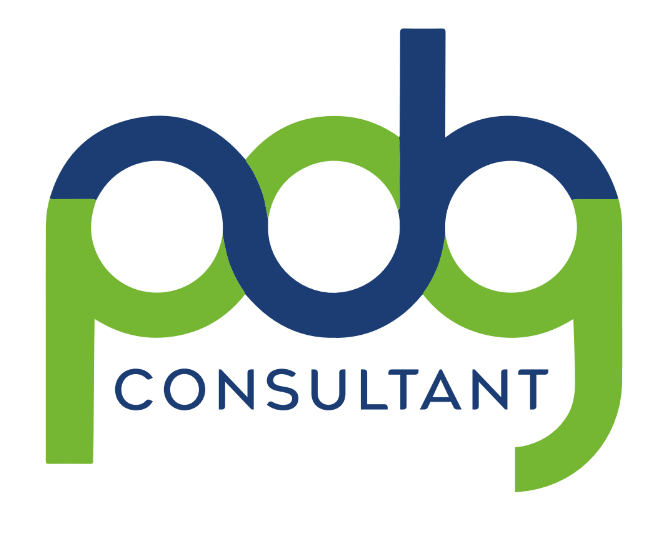The pharmaceutical industry is subject to strict regulations that seek to ensure the safety and quality of medicines, as well as transparency and traceability at all stages of its supply chain. Regulatory compliance is a constant challenge for companies, but it is essential to protect public health, ensure product integrity and avoid legal sanctions. This blog will explore the most important aspects of regulatory compliance in the pharmaceutical industry and offer keys to ensure its correct implementation.

Why is regulatory compliance essential in the pharmaceutical industry?
Regulatory compliance is crucial in the pharmaceutical industry for several reasons:
- Protection of public health: Ensures that the medicines distributed are safe and effective for the consumer.
- Fraud and counterfeiting preventionRegulatory compliance helps ensure that products are genuine and not altered or counterfeit.
- Legal compliance: Helps companies comply with local and international laws, avoiding serious penalties.
Today, industry regulations are becoming increasingly stringent, with laws varying by country and region. It is essential for businesses to keep up to date with changes in these regulations to avoid legal consequences.
Keys to good compliance management
1. Know the local and international regulations
One of the main challenges in regulatory compliance is understanding and applying local and international regulations. Regulatory authorities, such as the FDA (US Food and Drug Administration) and the EMA (European Medicines Agency) have different requirements for the manufacture, distribution and labelling of medicines.
Solution:
Companies should allocate resources to form specialized regulatory teams that are constantly updated on current laws. They can also rely on platforms and resources such as international regulatory databases to stay up to date.
2. Implementation of traceability systems
Traceability is a key aspect of regulatory compliance, as it ensures that each medicine can be tracked throughout its entire supply chain. This helps to quickly identify and remove any defective products from the market.
Solution:
Implement advanced technologies such as RFID, barcodes and serialization systems, which allow precise control of medicines from their manufacture to their distribution.
3. Quality control and periodic audits
Quality control is essential to ensure that medicines meet regulatory standards. Regular audits verify that production and packaging processes follow good manufacturing practices (GMP) and other relevant regulations.
Solution:
Establish internal procedures that include regular audits and continuous monitoring of product quality, as well as conducting external inspections to ensure compliance with international standards.
4. Continuous training of staff
Regulatory compliance is not just a matter of implementing technology or procedures, but also ensuring that all staff are adequately trained. Production, distribution and sales staff must be fully informed about relevant regulations and best practices.
Solution:
Organize regular training sessions and workshops to ensure that employees understand the importance of compliance and how to apply correct procedures.
5. Regulatory risk management
Pharmaceutical companies must be proactive in identifying and managing risks related to regulatory non-compliance. Risks can range from labeling failures to product quality issues.
Solution:
Develop a risk management plan to identify problems before they occur. This includes maintaining a continuous monitoring system and establishing corrective and preventive measures in the event of problems.
How to achieve efficient regulatory compliance in the pharmaceutical industry?
- Advanced Technologies: Incorporate traceability and monitoring systems that help ensure that all products are complying with regulations.
- Process automation: Use automated tools to ensure compliance-related tasks are consistent and effective.
- Improve internal communication: Promote constant communication between different departments to ensure that all aspects of regulatory compliance are covered.

Frequently Asked Questions About Pharmaceutical Packaging
What are good manufacturing practices (GMP) in the pharmaceutical industry?
GMP is a set of guidelines that ensure that pharmaceutical products are manufactured to the highest standards of quality, safety and efficacy.
Why is regulatory compliance important in drug traceability?
Traceability ensures that medicines are authentic and in proper condition, allowing them to be quickly recalled in the event of problems.
How can I ensure regulatory compliance in my pharmaceutical company?
By implementing traceability technologies, conducting periodic audits and adequately training employees on current regulations.


